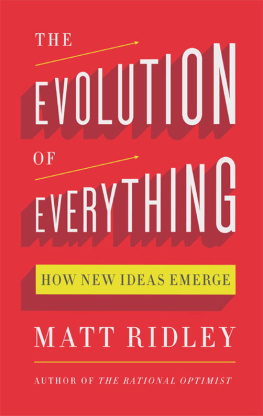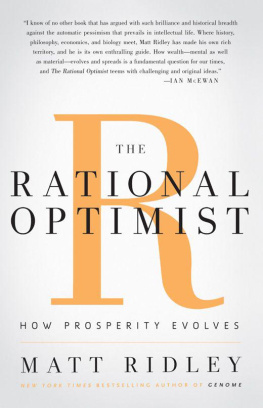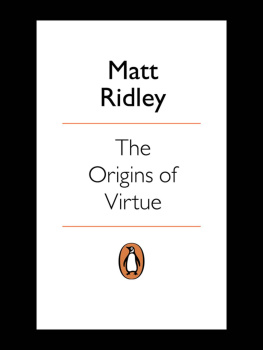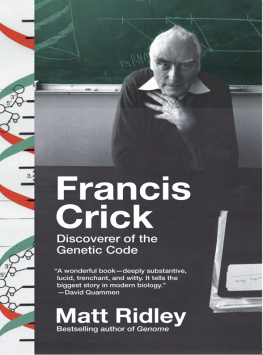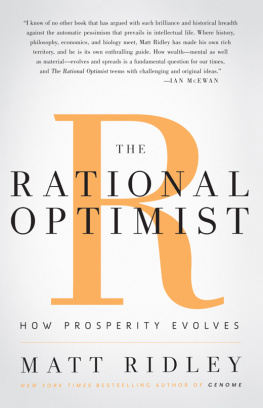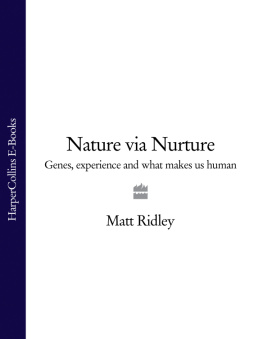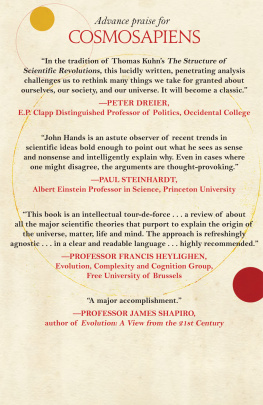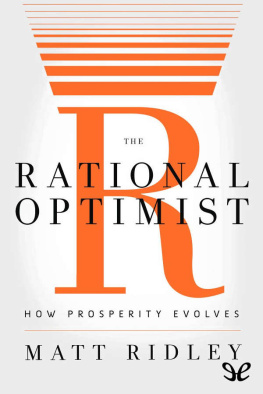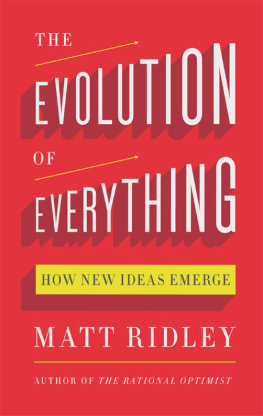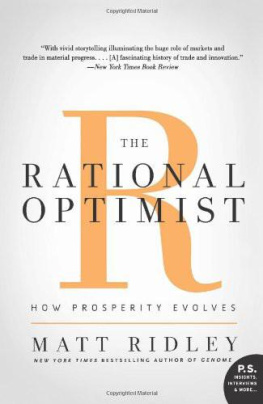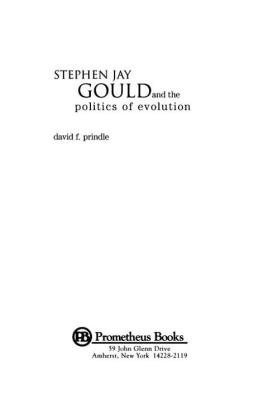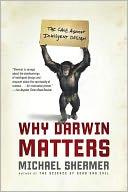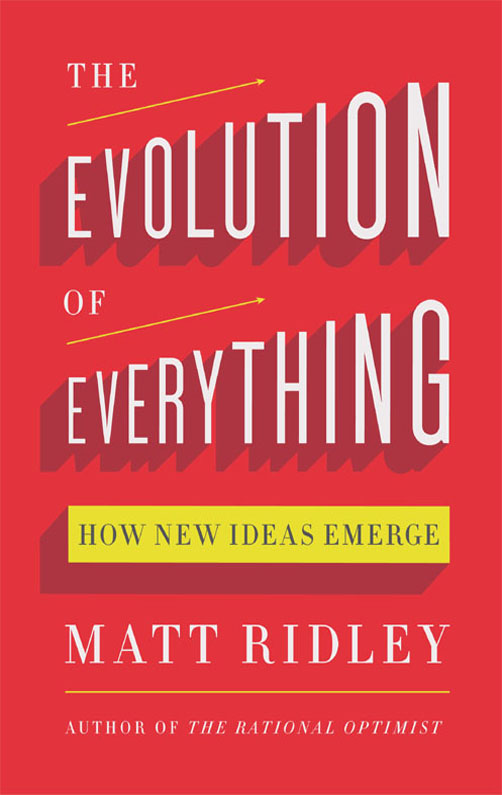CONTENTS
Guide
If you possess a firm grasp of these tenets, you will see
That Nature, rid of harsh taskmasters, all at once is free
And everything she does, does on her own, so that gods play
No part...
Lucretius, De Rerum Natura, Book 2, lines 10903
A skyhook is an imaginary device for hanging an object from the sky. The word originated in a sarcastic remark by a frustrated pilot of a reconnaissance plane in the First World War, when told to stay in the same place for an hour: This machine is not fitted with skyhooks, he replied. The philosopher Daniel Dennett used the skyhook as a metaphor for the argument that life shows evidence of an intelligent designer. He contrasted skyhooks with cranes the first impose a solution, explanation or plan on the world from on high; the second allow solutions, explanations or patterns to emerge from the ground up, as natural selection does.
The history of Western thought is dominated by skyhooks, by devices for explaining the world as the outcome of design and planning. Plato said that society worked by imitating a designed cosmic order, a belief in which should be coercively enforced. Aristotle said that you should look for inherent principles of intentionality and development souls within matter. Homer said gods decided the outcome of battles. St Paul said that you should behave morally because Jesus told you so. Mohamed said you should obey Gods word as transmitted through the Koran. Luther said that your fate was in Gods hands. Hobbes said that social order came from a monarch, or what he called Leviathan the state. Kant said morality transcended human experience. Nietzsche said that strong leaders made for good societies. Marx said that the state was the means of delivering economic and social progress. Again and again, we have told ourselves that there is a topdown description of the world, and a topdown prescription by which we should live.
But there is another stream of thought that has tried and usually failed to break through. Perhaps its earliest exponent was Epicurus, a Greek philosopher about whom we know very little. From what later writers said about his writings, we know that he was born in 341 BC and thought (as far as we can tell) that the physical world, the living world, human society and the morality by which we live all emerged as spontaneous phenomena, requiring no divine intervention nor a benign monarch or nanny state to explain them. As interpreted by his followers, Epicurus believed, following another Greek philosopher, Democritus, that the world consisted not of lots of special substances including spirits and humours, but simply of two kinds of thing: voids and atoms. Everything, said Epicurus, is made of invisibly small and indestructible atoms, separated by voids; the atoms obey the laws of nature and every phenomenon is the result of natural causes. This was a startlingly prescient conclusion for the fourth century BC.
Unfortunately Epicuruss writings did not survive. But three hundred years later, his ideas were revived and explored in a lengthy, eloquent and unfinished poem, De Rerum Natura (Of the Nature of Things), by the Roman poet Titus Lucretius Carus, who probably died in mid-stanza around 49 BC, just as dictatorship was looming in Rome. Around this time, in Gustave Flauberts words, when the gods had ceased to be, and Christ had not yet come, there was a unique moment in history, between Cicero and Marcus Aurelius when man stood alone. Exaggerated maybe, but free thinking was at least more possible then than before or after. Lucretius was more subversive, open-minded and far-seeing than either of those politicians (Cicero admired, but disagreed with, him). His poem rejects all magic, mysticism, superstition, religion and myth. It sticks to an unalloyed empiricism.
As the Harvard historian Stephen Greenblatt has documented, a bald list of the propositions Lucretius advances in the unfinished 7,400 hexameters of De Rerum Natura could serve as an agenda for modernity. He anticipated modern physics by arguing that everything is made of different combinations of a limited set of invisible particles, moving in a void. He grasped the current idea that the universe has no creator, Providence is a fantasy and there is no end or purpose to existence, only ceaseless creation and destruction, governed entirely by chance. He foreshadowed Darwin in suggesting that nature ceaselessly experiments, and those creatures that can adapt and reproduce will thrive. He was with modern philosophers and historians in suggesting that the universe was not created for or about human beings, that we are not special, and there was no Golden Age of tranquillity and plenty in the distant past, but only a primitive battle for survival. He was like modern atheists in arguing that the soul dies, there is no afterlife, all organised religions are superstitious delusions and invariably cruel, and angels, demons or ghosts do not exist. In his ethics he thought the highest goal of human life is the enhancement of pleasure and the reduction of pain.
Thanks largely to Greenblatts marvellous book The Swerve, I have only recently come to know Lucretius, and to appreciate the extent to which I am, and always have been without knowing it, a Lucretian/Epicurean. Reading his poem in A.E. Stallingss beautiful translation in my sixth decade is to be left fuming at my educators. How could they have made me waste all those years at school plodding through the tedious platitudes and pedestrian prose of Jesus Christ or Julius Caesar, when they could have been telling me about Lucretius instead, or as well? Even Virgil was writing partly in reaction to Lucretius, keen to re-establish respect for gods, rulers and topdown ideas in general. Lucretiuss notion of the ceaseless mutation of forms composed of indestructible substances which the Spanish-born philosopher George Santayana called the greatest thought that mankind has ever hit upon has been one of the persistent themes of my own writing. It is the central idea behind not just physics and chemistry, but evolution, ecology and economics too. Had the Christians not suppressed Lucretius, we would surely have discovered Darwinism centuries before we did.
The Lucretian heresy
It is by the thinnest of threads that we even know the poem De Rerum Natura. Although it was mentioned and celebrated by contemporaries, and charred fragments of it have been found in the Villa of the Papyri at Herculaneum (a library belonging probably to Julius Caesars father-in-law), it sank into obscurity for much of history. Passing quotations from it in the ninth century AD show that it was very occasionally being read by monks, but by 1417 no copy had been in wide circulation among scholars for more than a millennium. As a text it was effectively extinct. Why?
It is not hard to answer that question. Lucretiuss special contempt for all forms of superstition, and indeed his atomism, which contradicted the doctrine of transubstantiation, condemned him to obscurity once the Christians took charge. His elevation of the pleasure principle that the pursuit of pleasure could lead to goodness and that there was nothing nice about pain was incompatible with the recurring Christian obsession that pleasure is sinful and suffering virtuous.
Whereas Plato and Aristotle could be accommodated within Christianity, because of their belief in the immortality of the soul and the evidence for design, the Epicurean heresy was so threatening to the Christian Church that Lucretius had to be suppressed. His atheism is explicit, even Dawkinsian, in its directness. The historian of philosophy Anthony Gottlieb compares a passage from Lucretius with one from Richard Dawkinss

